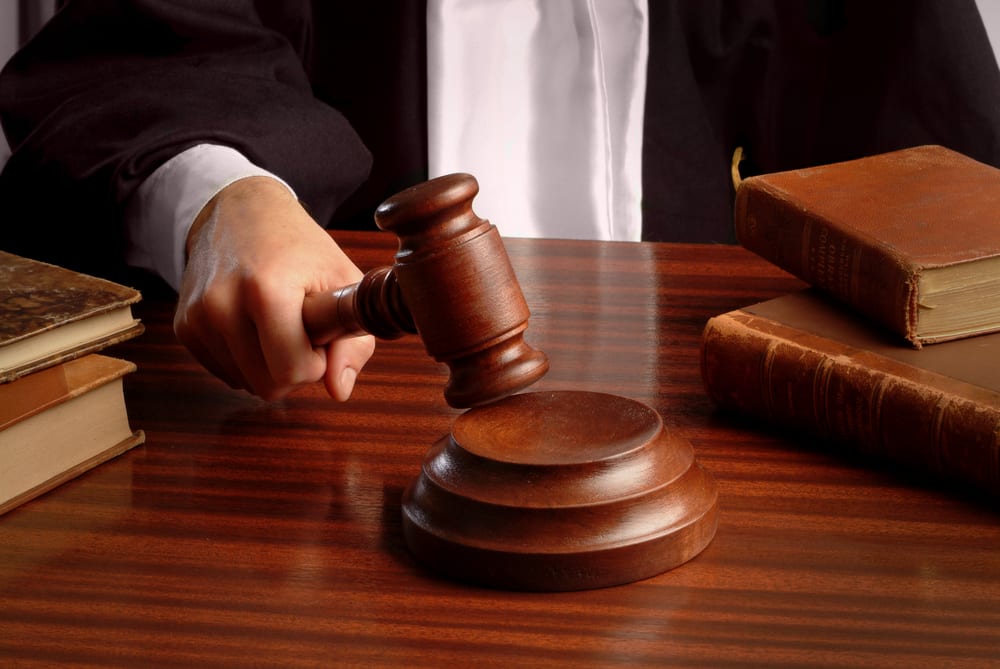
Custody Rights and Domestic Abuse in the State of Florida
When it comes to domestic abuse, you may not be aware that you are a victim. You may think that all couples fight and that it’s normal. While disagreement is undoubtedly common, actual domestic abuse is another level. Emotional abuse is an aspect of domestic violence that can be just as damaging as physical abuse. The results of violence at home can be devastating, with thousands of people killed, kidnapped, or badly assaulted by their spouse every year.
When you have a child present in a home where domestic abuse occurs, that can be devastating on their mental health. Research has shown that the child is more prone to either utilizing domestic abuse themselves when they grow up or becoming victims of that kind of assault. As such, if you’re seeking to divorce your spouse and domestic abuse plays a factor, you may be wondering what those claims can do regarding determining your child’s custody.
Domestic Abuse and Custody
For those who have wisely chosen to part ways – whether due to the abuse or other factors – and have a child, then the decision of custody will fall to the judge presiding over the case. In Florida, judges scrutinize each case. They typically begin by assuming both parents should have an equal share of the custody. Then they dig in to find out if there are any reasons why a particular parent shouldn’t have shared portion of physical or legal custody.
Legal custody pertains to the medical, religious, educational, and other significant decisions that go into raising a child. Physical custody, as its title might suggest, relates to the actual, physical, care of the child, pertaining to where they stay, and the visitation rights granted to each parent.
Judges may choose to award one parent over another with both physical and legal custody if they find that the other parent is not capable of promoting a nurturing environment that the child requires. In cases of domestic abuse, it’s often the case that judges will not allow the abuser to have custody of the child. The court might grant visitation rights, but only after a careful investigation has been done to understand the depths of the domestic abuse. They may choose to allow the child to visit the parent under supervision, or they might terminate parental rights entirely.
What to Do If Your Ex-Partner is Guilty of Abuse
The first thing you should do is contact a lawyer. Your lawyer can help you make sure that your partner cannot harm you in any way once you’ve filed for divorce. If you haven’t already, your attorney may suggest that you press charges and call in the police if your ex is guilty of violence or emotional manipulation. Having a paperwork trail will help you prove your case in court.
The experienced legal team at Fighter Law understands the importance of helping their clients find the best resolution to abuse charges. We are here to represent you during a very stressful time and make sure your rights are protected during the court process. Contact us today at (407) 344-4837 for a free case evaluation and next steps for your case.
Share:
free case evaluation
Fill out the form below for an free evaluation of your case.
Categories
- Birth Injury
- Boating Accidents
- Car Accidents
- Civil Rights
- Criminal Defense
- Cyberstalking
- Divorce
- Dog Bite Injury
- Domestic Abuse Charges
- Domestic Violence
- Drug Charges
- DUI Charges
- Family Law
- Felonies
- Fighter Law Firm
- Firearms
- Firm News
- Guardianship
- Injunction Removal
- Injunctions
- Marketing
- Personal Injury
- Repeat Violence Injunction
- Restraining Order
- Seal and Expunge
- Self Defense
- Sex Crimes
- Slip and Fall
- Stalking Injunction
- Theft and Robbery
- Theme Park Trespasses
- Traffic tickets
- Uncategorized

